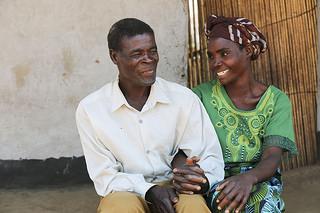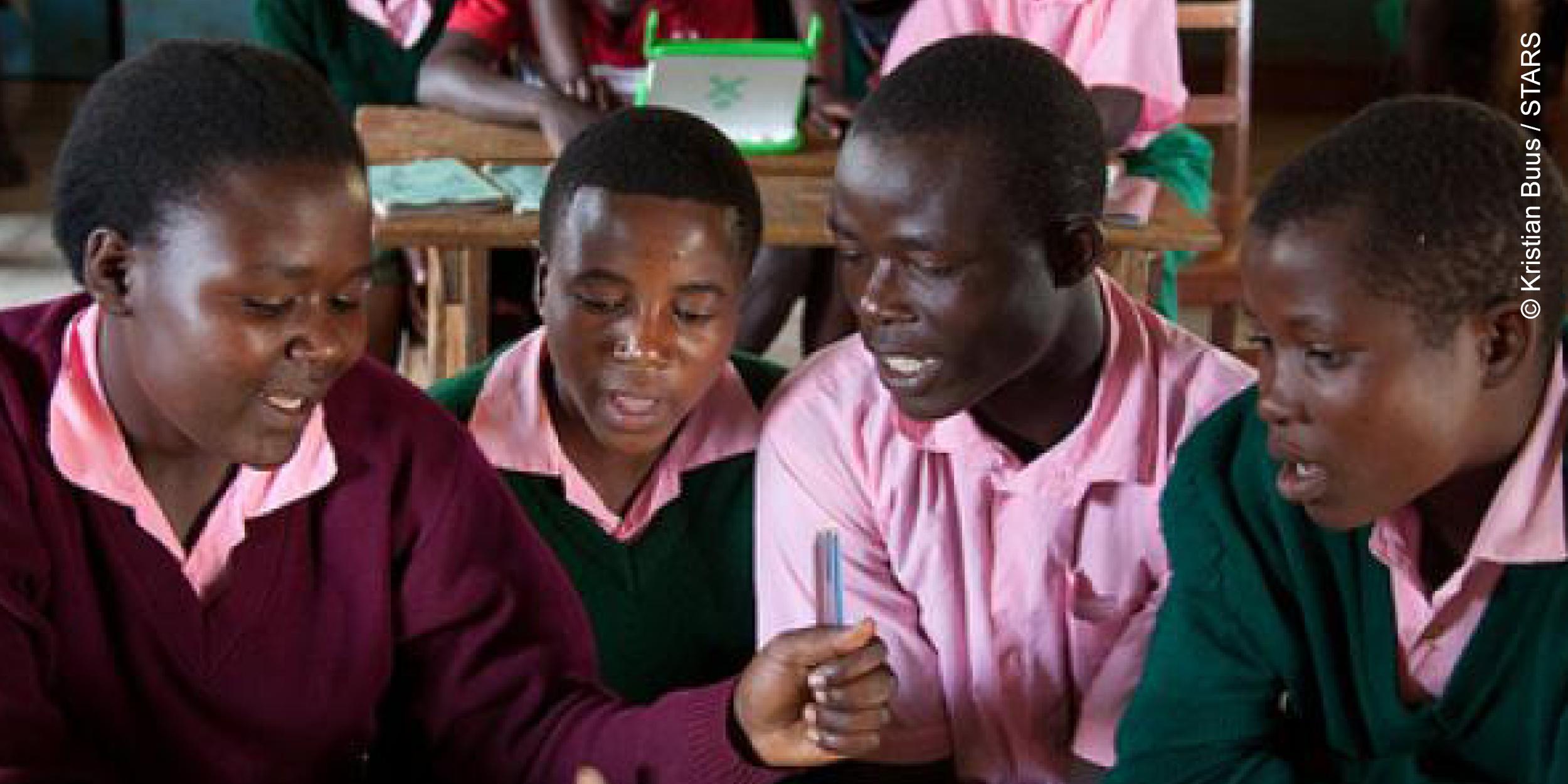Eric Djimeu

Body
Eric serves as the Evaluation Officer for the Support to Large-scale Combination Prevention Evaluation Studies project and as such is responsible for quality assurance services related to the proposals and studies, funded under this project, to evaluate combination prevention approaches to HIV/AIDS. In this role he coordinates the work of expert advisors and liaises with the funders and the research teams. Eric also assists the 3ie evaluation office in providing quality assurance for impact evaluations funded under our Open Window and Thematic Window grant programs.



